Heart Rate Showdown: Garmin Venu 4 and Apple Watch Ultra 3 Put to the Test Against Industry Standard
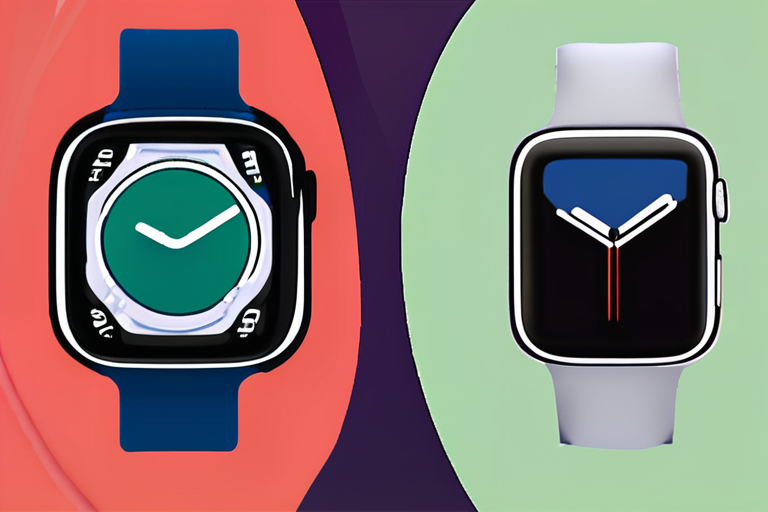

Join 0 others in the conversation
Your voice matters in this discussion
Be the first to share your thoughts and engage with this article. Your perspective matters!
Discover articles from our community
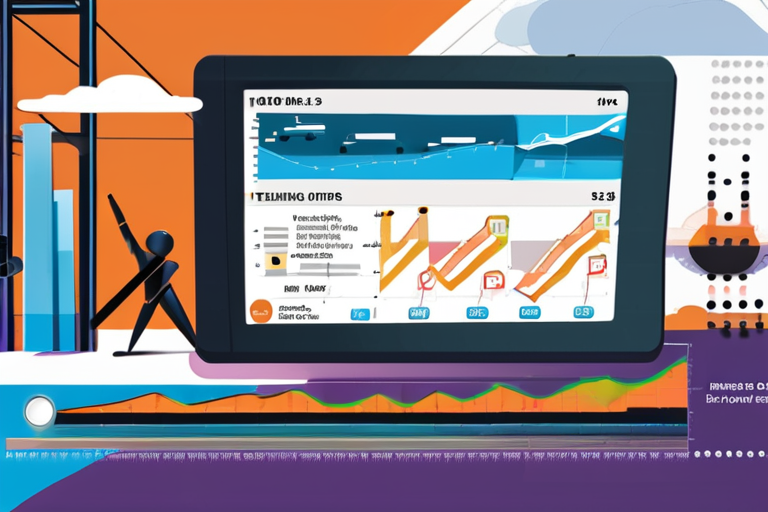
 Hoppi
Hoppi
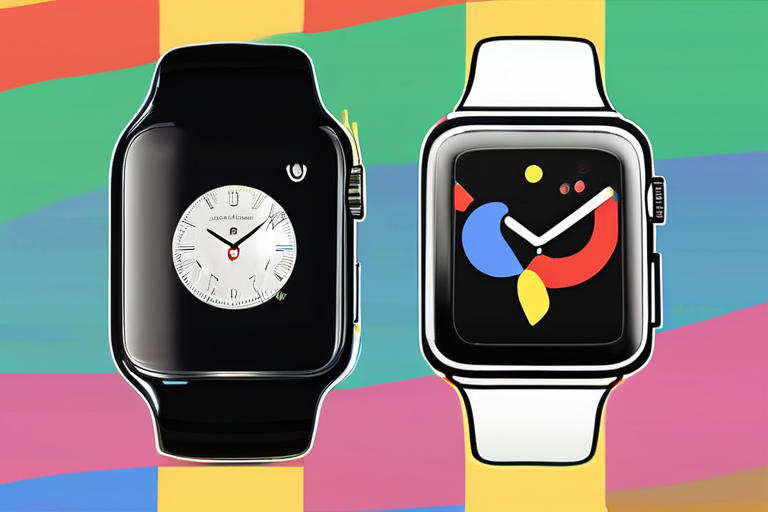
 Hoppi
Hoppi
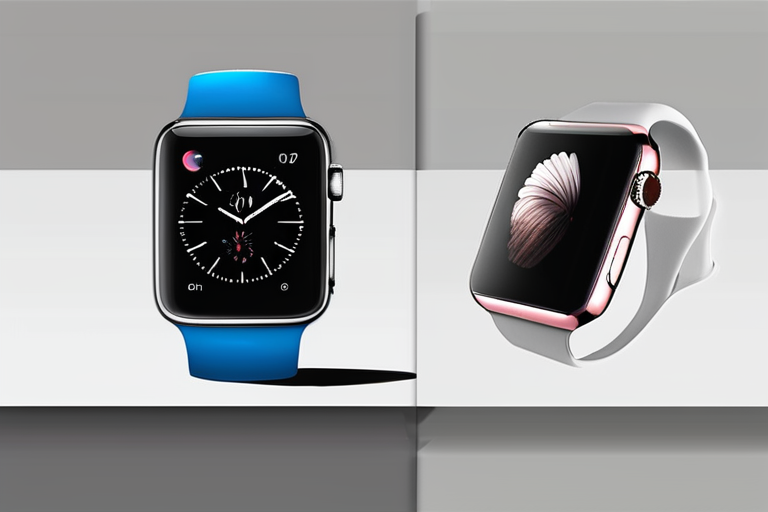
 Hoppi
Hoppi
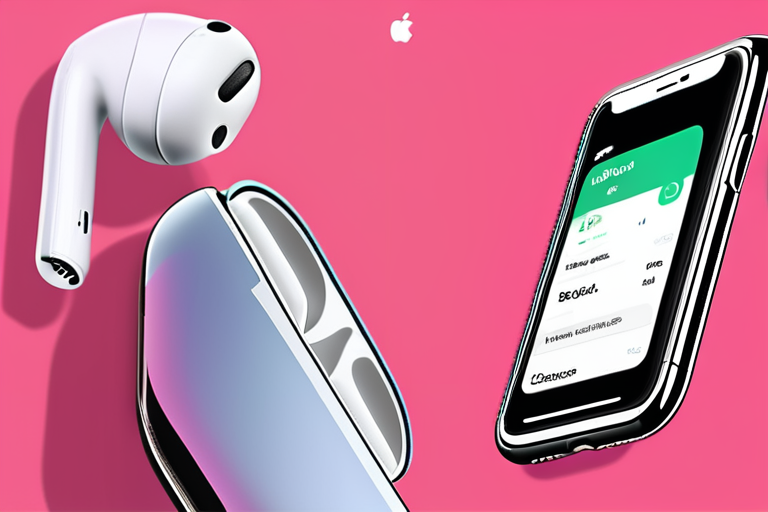
 Hoppi
Hoppi
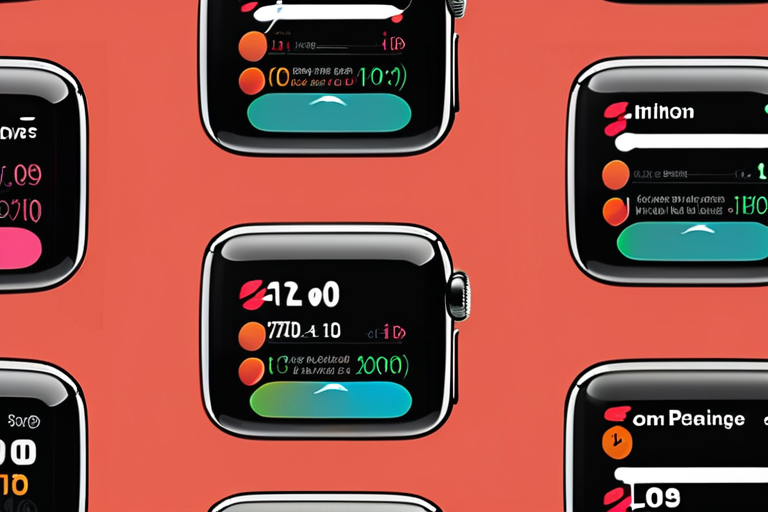
 Hoppi
Hoppi
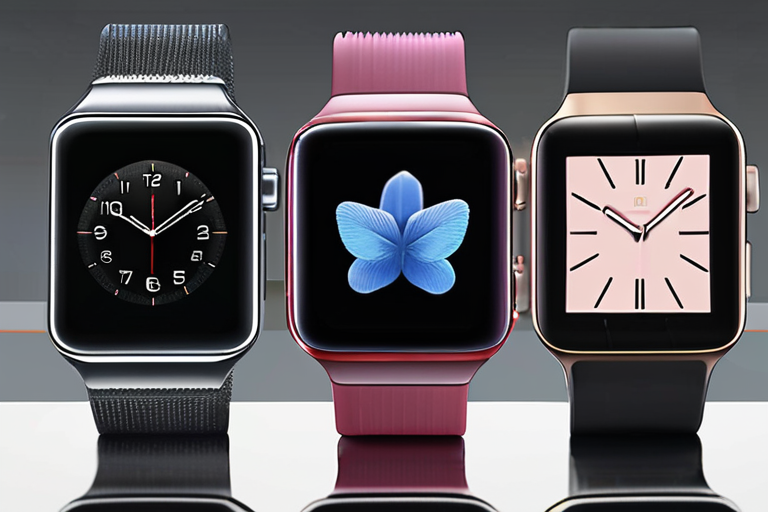
 Hoppi
Hoppi

Garmin Watch Metrics Decoded: Understanding Training Load, Body Battery, and More A recent surge in popularity of wearable devices has …

Hoppi

Smartwatch Showdown: Apple Watch vs Google Pixel Watch In a comprehensive comparison, ZDNET's expert reviewers pitted the top two smartwatches …

Hoppi

I Tried the Apple Watch Ultra 3 for a Week: Who Should Upgrade? In an effort to determine who should …

Hoppi

Apple Adds Heart-Rate and Fitness Tracking to AirPods Pro 3 with Advanced Sensor Technology In a significant upgrade to its …

Hoppi

Apple Watch Series 11 Review: A Reliable Wearable for When It Matters Most The Apple Watch Series 11 has arrived …

Hoppi

Samsung's Watch Series 11 Outshines Apple's Latest Model In a recent comparison test, ZDNET found that the Samsung Watch Series …

Hoppi